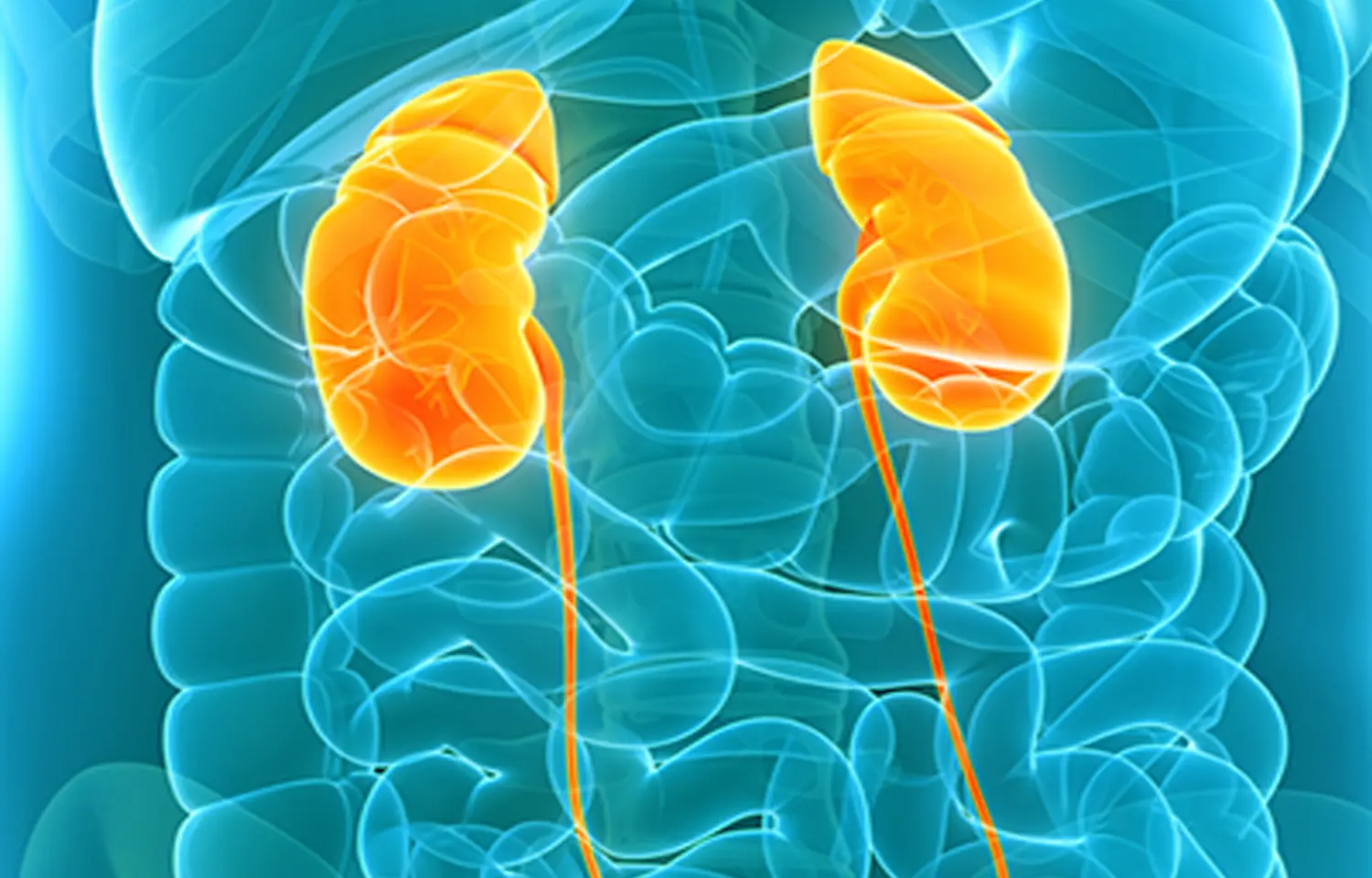- Home
- Medical news & Guidelines
- Anesthesiology
- Cardiology and CTVS
- Critical Care
- Dentistry
- Dermatology
- Diabetes and Endocrinology
- ENT
- Gastroenterology
- Medicine
- Nephrology
- Neurology
- Obstretics-Gynaecology
- Oncology
- Ophthalmology
- Orthopaedics
- Pediatrics-Neonatology
- Psychiatry
- Pulmonology
- Radiology
- Surgery
- Urology
- Laboratory Medicine
- Diet
- Nursing
- Paramedical
- Physiotherapy
- Health news
- Fact Check
- Bone Health Fact Check
- Brain Health Fact Check
- Cancer Related Fact Check
- Child Care Fact Check
- Dental and oral health fact check
- Diabetes and metabolic health fact check
- Diet and Nutrition Fact Check
- Eye and ENT Care Fact Check
- Fitness fact check
- Gut health fact check
- Heart health fact check
- Kidney health fact check
- Medical education fact check
- Men's health fact check
- Respiratory fact check
- Skin and hair care fact check
- Vaccine and Immunization fact check
- Women's health fact check
- AYUSH
- State News
- Andaman and Nicobar Islands
- Andhra Pradesh
- Arunachal Pradesh
- Assam
- Bihar
- Chandigarh
- Chattisgarh
- Dadra and Nagar Haveli
- Daman and Diu
- Delhi
- Goa
- Gujarat
- Haryana
- Himachal Pradesh
- Jammu & Kashmir
- Jharkhand
- Karnataka
- Kerala
- Ladakh
- Lakshadweep
- Madhya Pradesh
- Maharashtra
- Manipur
- Meghalaya
- Mizoram
- Nagaland
- Odisha
- Puducherry
- Punjab
- Rajasthan
- Sikkim
- Tamil Nadu
- Telangana
- Tripura
- Uttar Pradesh
- Uttrakhand
- West Bengal
- Medical Education
- Industry
Adverse kidney outcomes common in wilms Tumor survivors, Finds study

Researchers from the Division of Urology, Ann & Robert H. Lurie Children's Hospital of Chicago, Chicago, IL have recently observed that in survivors of Wilms Tumor, adverse kidney outcomes were common and should be closely monitored, as published in the Journal of Pediatrics.
David I. Chu and colleagues conducted this prospective cohort study with the sole objective to assess the prevalence of therapy-related kidney outcomes in survivors of Wilms tumor (WT).
The authors included survivors of WT who were ≥5 years old and ≥1 year from completing therapy, excluding those with preexisting hypertension, prior dialysis, or kidney transplant.
All the participants completed 24-hour ambulatory blood pressure monitoring (ABPM). Abnormal blood pressure (BP) was defined as ≥90th percentile. Masked hypertension was defined as having normal office BP and abnormal ABPM findings. Urine was analyzed for kidney injury molecule-1, interleukin-18, epidermal growth factor, albumin, and creatinine. The estimated glomerular filtration rate (eGFR) was calculated using the bedside chronic kidney disease in children equation.
Recent kidney ultrasound examinations and echocardiograms were reviewed for contralateral kidney size and left ventricular hypertrophy, respectively. Clinical follow-up data were collected for approximately 2 years after study enrollment.
The results showed that -
a. Thirty-two participants (median age, 13.6 years [IQR, 10.5-16.3 years]; 75% stage 3 or higher WT) were evaluated at a median of 8.7 years (IQR, 6.5-10.8 years) after therapy; 29 participants underwent unilateral radical nephrectomy, 2 bilateral partial nephrectomy, and 1 radical and contralateral partial nephrectomy.
b. In this cohort, 72% received kidney radiotherapy and 75% received doxorubicin. c. Recent median eGFR was 95.6 mL/min/1.73 m2 (IQR, 84.6-114.0; 11 [34%] had an eGFR of <90 mL/min/1.73 m2).
d. Abnormal ABPM results were found in 22 of 29 participants (76%), masked hypertension in 10 of 29 (34%), and microalbuminuria in 2 of 32 (6%).
e. Of the 32 participants, 22 (69%) had abnormal epidermal growth factor; few had abnormal kidney injury molecule-1 or interleukin-18.
f. Seven participants with previous unilateral nephrectomy lacked compensatory contralateral kidney hypertrophy.
g. None had left ventricular hypertrophy.
Therefore, the authors concluded that "in survivors of WT, adverse kidney outcomes were common and should be closely monitored."
Dr. Nandita Mohan is a practicing pediatric dentist with more than 5 years of clinical work experience. Along with this, she is equally interested in keeping herself up to date about the latest developments in the field of medicine and dentistry which is the driving force for her to be in association with Medical Dialogues. She also has her name attached with many publications; both national and international. She has pursued her BDS from Rajiv Gandhi University of Health Sciences, Bangalore and later went to enter her dream specialty (MDS) in the Department of Pedodontics and Preventive Dentistry from Pt. B.D. Sharma University of Health Sciences. Through all the years of experience, her core interest in learning something new has never stopped. She can be contacted at editorial@medicaldialogues.in. Contact no. 011-43720751
Dr Kamal Kant Kohli-MBBS, DTCD- a chest specialist with more than 30 years of practice and a flair for writing clinical articles, Dr Kamal Kant Kohli joined Medical Dialogues as a Chief Editor of Medical News. Besides writing articles, as an editor, he proofreads and verifies all the medical content published on Medical Dialogues including those coming from journals, studies,medical conferences,guidelines etc. Email: drkohli@medicaldialogues.in. Contact no. 011-43720751


